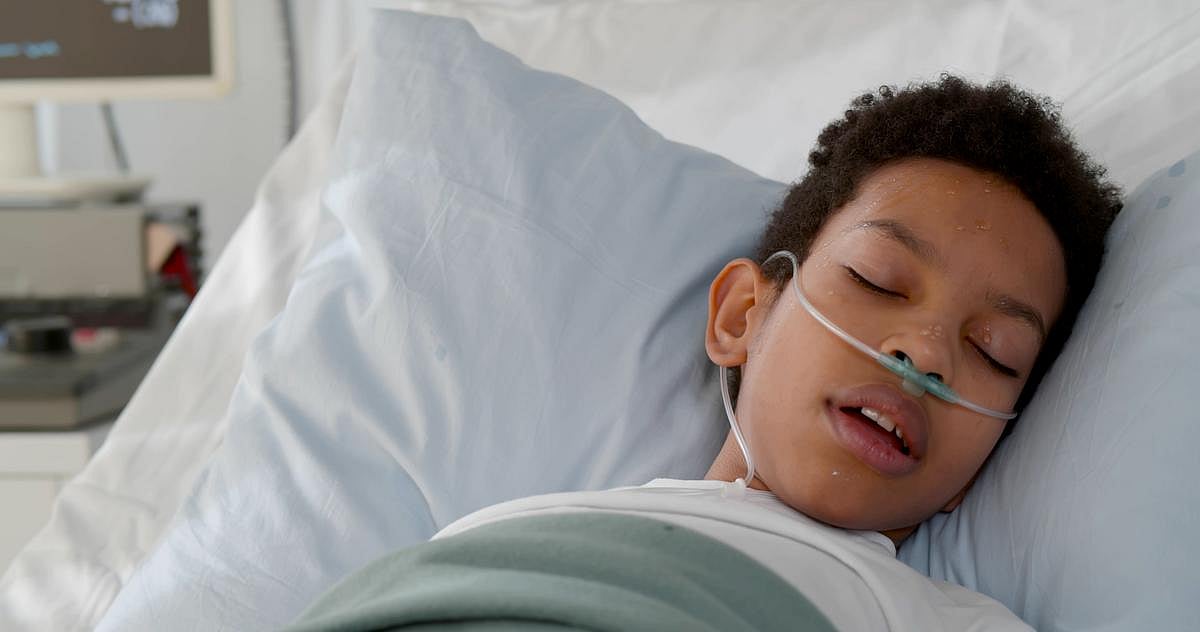Get Healthy!

- Dennis Thompson
- Posted May 30, 2025
Parents Can Sense Potential Critical Illness In Their Kids, Study Says
A parent’s instincts regarding their child’s health usually are right on the money, even when they’ve taken the child to an ER, a new study says.
Parental worry over a kid’s deteriorating health strongly predicts how critically ill the child might become, researchers reported May 29 in The Lancet Child & Adolescent Health.
Kids were 72% more likely to be admitted to an intensive care unit and 85% more likely to require mechanical ventilation if their parents voiced concerns that their health was declining, results show.
These concerns “had a stronger association with both intensive care unit admission and mechanical ventilation than did any abnormal vital sign,” concluded the research team led by Dr. Erin Mills, of the Department of Pediatrics at Monash University in Melbourne, Australia.
For the study, researchers analyzed nearly 74,000 pediatric cases that came for treatment at the emergency room of Monash Children’s Hospital in Melbourne. Of those cases, more than 24,000 contained at least one notation of parent concern.
Doctors elicited concerns by asking, “Are you worried your child is getting worse?” In about 5% of cases, the parents responded that they did feel their child’s health was deteriorating.
Nearly 7% of kids whose parents voiced concerns wound up in the ICU, compared with just under 2% of those whose parents didn’t, results show.
Likewise, a little more than 1% of children with concerned parents needed mechanical ventilation, compared with about 0.2% of those whose parents weren’t worried.
These results indicate that doctors should consider parents an important resource and proactively seek their input when it comes to assessing a child’s condition, researchers said.
“ ' Listen to the parents' is the mantra of pediatric training, and it is commonly taught that, due to difficulties in assessing young children, a parent or caregiver’s concern that their child is ‘just not right’ should always be taken seriously,” researchers wrote.
“Parents are often aware of subtle signs of behavioral change that might indicate deterioration, outside of the typical vital signs, and might therefore identify deterioration before clinicians,” the team added.
More information
The U.S. Centers for Disease Control and Prevention has more on childhood diseases.
SOURCES: The Lancet, news release, May 29, 2025; The Lancet Child & Adolescent Health, May 29, 2025


